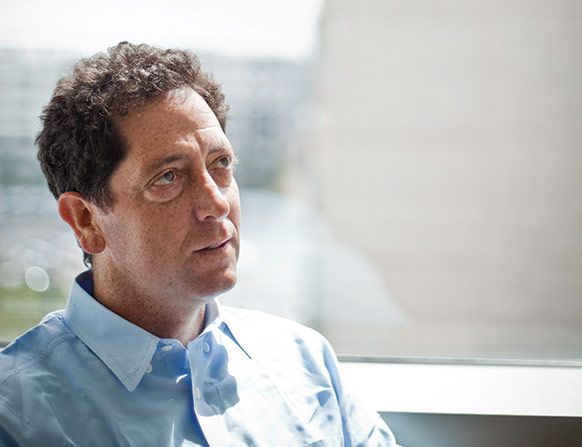Oliver wrote to us in mid-May that he was about to receive his PhD in Epidemiology later that month from the Johns Hopkins School of Public Health. His PhD will share shelf space with MS and MBA degrees that Oliver had previously collected.
 Oliver wrote, “My thesis was on the development of accurate methods to estimate HIV incidence from a cross-sectional survey. It turned out to be a very productive project with lots of publications (PubMed). The Johns Hopkins Center for AIDS Research asked me to do a presentation on this topic, which is available on YouTube. This presentation had a good deal of overlap with my thesis defense.
Oliver wrote, “My thesis was on the development of accurate methods to estimate HIV incidence from a cross-sectional survey. It turned out to be a very productive project with lots of publications (PubMed). The Johns Hopkins Center for AIDS Research asked me to do a presentation on this topic, which is available on YouTube. This presentation had a good deal of overlap with my thesis defense.
Thank you again for inspiring the application of rigors scientific methods so many years ago. I still treasure my memories from my days at Reed as a chemistry student.”
When Oliver isn’t in front of the office computer or the video camera, he’s busy being a father for two active children, 12 and 16. As he put it, “I am happy to still have any hair.”






